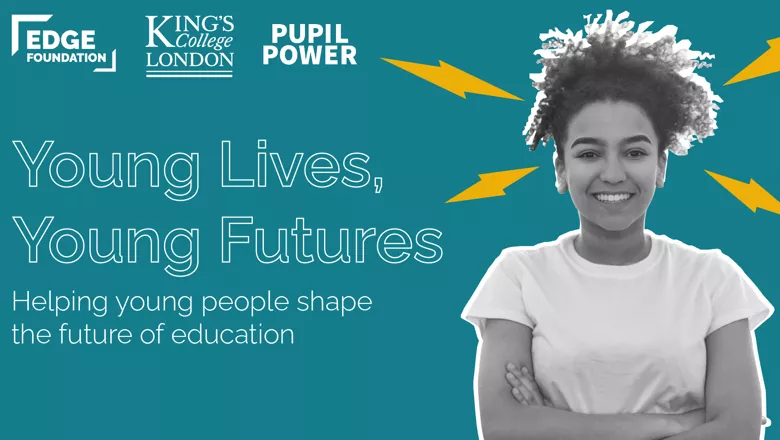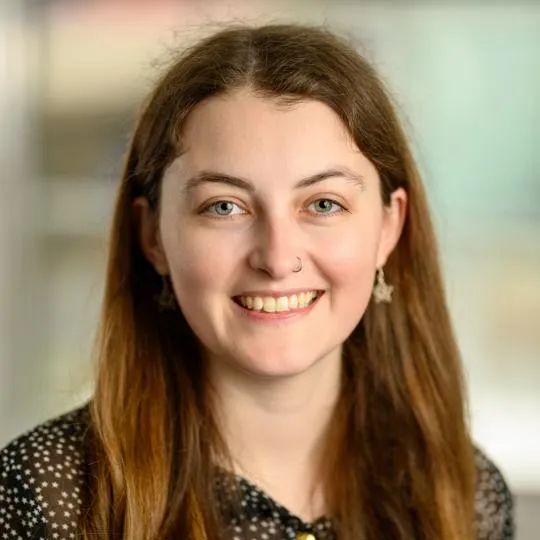If we want to avoid the failures of earlier policy initiatives in this area it is vital that we listen to young people’s ideas about what needs to change
Sharon Gewirtz
19 May 2021
Young Lives, Young Futures: Helping young people shape the future of education
A project looking at education and employment opportunities available to young people who don't go to university has launched.

A five-year, ESRC-funded project is being conducted by researchers from King’s College London and The Edge Foundation to investigate how England’s vocational education and training system can better support the school-to-work transitions of the 50 per cent of young people who don’t go to university.
The Young Lives, Young Futures (YLYF) project launched on 13 April and was marked with an online young person-led panel discussion exploring young people’s experiences of the COVID-19 pandemic and how they would like to see education change in the future. Chaired by Aliyah Irabor-York, founder of Pupil Power, five young people led a discussion on the impact of COVID-19 on young people, the future of education and what youth activists can do, sharing their own life stories and bringing their experiences into the discussion. Read Aliyah’s blog entry and view highlights from the event here or below.
Over 100 people attended the event with many contributing to the discussion through the online chat forum. Sharon Gewirtz, project lead, remarked:
‘The pandemic has amplified many of the shortcomings of England’s post-16 education and training system that the YLYF study is seeking to address. Too many young people are denied access to the opportunities and support they need to make meaningful education and work-related choices.
‘If we want to avoid the failures of earlier policy initiatives in this area it is vital that we listen to young people’s ideas about what needs to change. If anyone is not yet convinced of the value of doing so I would urge them to listen to this hugely insightful and engaging panel discussion expertly chaired by Aliyah Irabor-York.’
Charlotte McPherson, a post-doctoral researcher on the project, echoed that sentiment, noting:
‘As a research team, we have all long known that there are issues with England’s post-16 education and training system. Concerns about access to – and the quality of – opportunities for young people who don’t go to university far predate the pandemic, which has exacerbated these problems as well as posing new ones.
‘A key priority of the YLYF study is to engage directly and meaningfully with the perspectives and experiences of young people, who are typically marginalised in the discussing and making of policy. The value of listening to, championing and learning from young people’s voices was vividly highlighted by the insightful panel discussion between young people that marked the launch of our study.’
Alice Weavers, a PhD candidate and member of the research team, said: ‘It was really valuable to hear directly from young people on how the pandemic has affected education and employment opportunities. The event highlighted the importance of listening to young people to understand not only the impact of the pandemic, but what their ideas are to support young people going forward.’
The research team is keen to continue working with and supporting this group of young people and the youth-led organisations they represent, and is hoping to bring them back together for another discussion in the future.
Find out more about the Young Lives, Young Futures study on the external project website.


